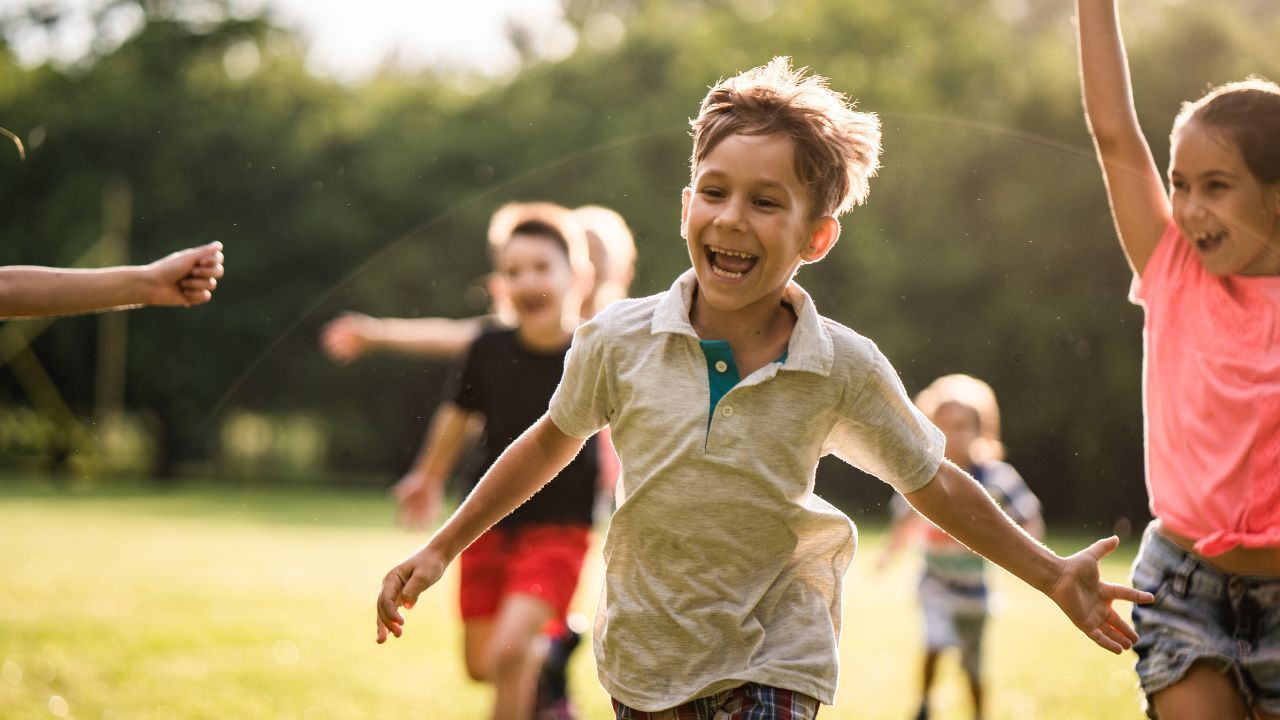Weekly Wins 64: Why Neurodiverse Kids and Adults Feel Calmer Outdoors
Feb 17, 2025
Interesting how thesedays as a society, we are spending less and less time outdoors, despite knowing nature has a profound impact on our well-being by offering a sense of peace and grounding (especially beneficial for neurodiverse individuals).
Also interesting how thesedays there are more and more people getting diagnosed ADHD. NOW I AM NOT MAKING ANY ASSUMPTIONS, however, ADHD TRAITS (NOT ADHD) can lesson when spending time in nature... Many parents notice that their neurodivergent children seem more regulated, focused, and content when spending time outside. But why does nature have this effect? Here's why...
Nature’s Chemical Influence on the Brain
One of the key reasons nature has such a calming effect is due to the chemicals that trees and plants release into the air. Trees emit phytoncides, which are natural compounds that help protect them from pests and disease. When humans inhale these phytoncides, they trigger physiological responses that promote relaxation, reduce stress hormones like cortisol, and even boost immune function. This is part of why “forest bathing” (Shinrin-yoku in Japan) has been scientifically linked to lower heart rates, reduced anxiety, and improved mood.
For neurodivergent individuals, whose nervous systems are often in a heightened state of alertness, these natural compounds can help shift the body into a more regulated, parasympathetic state—where rest and recovery happen.
A Sensory-Friendly Environment
Many neurodiverse individuals experience sensory sensitivities, making modern environments—filled with artificial lights, background noise, and unpredictable stimuli—overwhelming. Nature, on the other hand, offers a predictable sensory experience:
• Soft, natural lighting rather than fluorescent glare.
• Gentle, rhythmic sounds (wind rustling, birds chirping, water flowing) rather than the chaos of indoor spaces.
• Varied but soothing textures (grass, sand, tree bark) that provide sensory feedback without overload.
This controlled sensory input allows the nervous system to relax, reducing overstimulation and meltdowns.
Movement and Regulation
Many neurodiverse kids and adults benefit from movement to help regulate their emotions and focus. Outdoor environments naturally encourage movement—whether it’s climbing, running, jumping, or simply walking. This kinesthetic engagement can help:
• Release built-up energy.
• Improve proprioception (body awareness).
• Regulate emotions through rhythmic motion (e.g., swinging, rocking, or hiking).
For children with ADHD, in particular, unstructured play in natural settings has been linked to improved attention, impulse control, and emotional regulation.
A Reduction in Social Pressures
Neurodiverse individuals often feel social anxiety or pressure in structured indoor environments. In contrast, outdoor spaces are more open-ended, less rule-driven, and less socially demanding. Kids can engage in parallel play without forced interactions, and adults can find solitude without feeling antisocial.
Nature offers a unique combination of biochemical, sensory, and psychological benefits that create a safe and calming environment for neurodiverse individuals. Whether it’s through phytoncides, sensory-friendly experiences, or the freedom of movement, the outdoors provides an essential space for regulation and well-being. Regular exposure to nature isn’t just a luxury—it’s a necessity for mental and emotional balance.
How often do you get outside, particularly in nature? How often do you go to the park with the kids?
Time for a reassessment of where you spend your time? Just a suggestion.
Stay connected with news and updates!
Join our mailing list to receive the latest news and updates from our team.
Don't worry, your information will not be shared.
We hate SPAM. We will never sell your information, for any reason.


